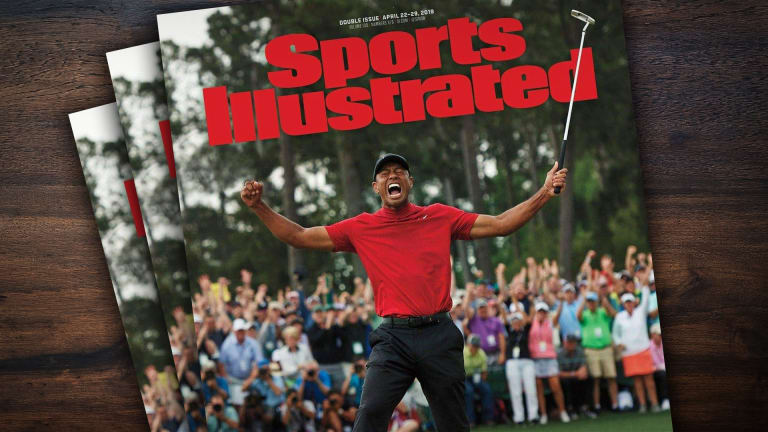
The Arena Group oversees some of the biggest publications in sports like Sports Illustrated, Surfer, and Powder. As Ai began to bloom, initially, The Arena Group proudly touted its integration of artificial intelligence tools to elevate content creation.
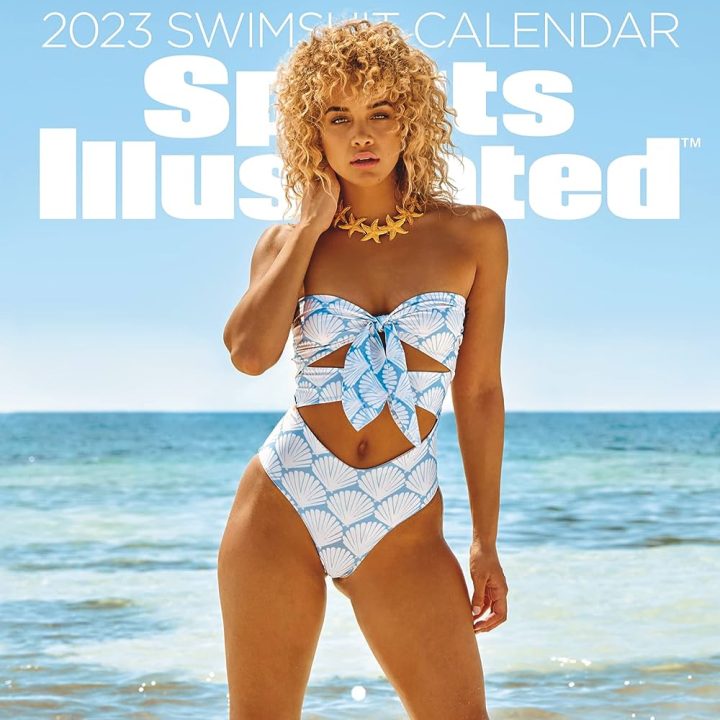

However, recent revelations paint a starkly contrasting picture. A comprehensive report from Futurism.com (not precisely a watchdog, but a website that tracks cutting-edge technology) alleges that Sports Illustrated embraced AI-generated content with fake authors, complete with concocted life stories and images obtained from AI marketplaces. Now, this is not illegal, but there are no notification that this was simply created, the spotlight fell on scrutinised pages, including a product purchasing guide, prompting journalist Maggie Harrison of Futurism to seek clarification.
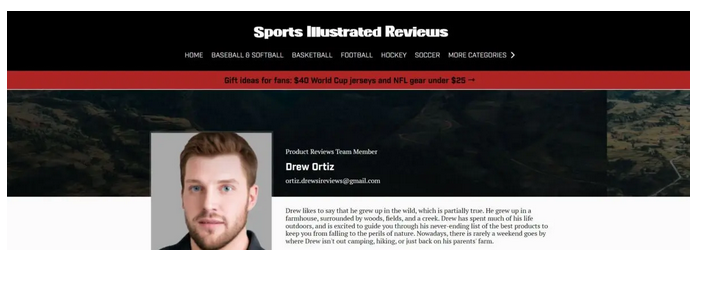
For example- the case of writer Drew Ortiz, a supposed Sports Illustrated author with a captivating outdoorsy background. Yet, beyond the magazine’s realm, Drew Ortiz is an enigma; he did not exist —no social media presence, no publishing history.
“Drew has spent much of his life outdoors and is excited to guide you through his never-ending list of the best products to keep you from falling to the perils of nature,” it read. “Nowadays, there is rarely a weekend that goes by where Drew isn’t out camping, hiking, or just back on his parents’ farm.”
Strangely, his profile picture is up for sale on an AI-generated headshot website, labelled as a “neutral white young-adult male with short brown hair and blue eyes.”
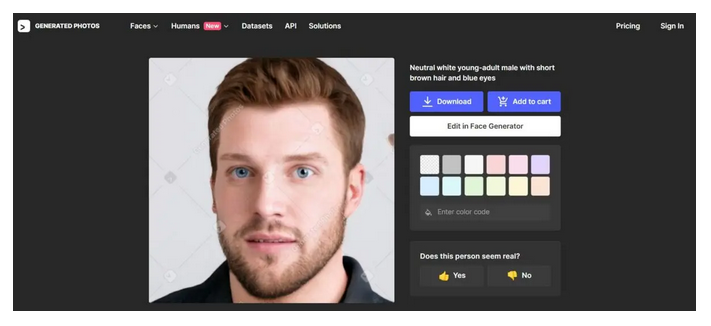
Adding to the scepticism, these AI-generated personas periodically vanish, making way for new ones. For instance, Ortiz vanishes, after being ‘ousted’ and was replaced by a newly generated character “Sora Tanaka.” Despite no online trace of this writer, Tanaka’s profile picture is also available in the AI headshot marketplace. Her bio presents her as a fitness enthusiast excited to contribute expertise to the Product Reviews Team.
“Sora has always been a fitness guru, and loves to try different foods and drinks,” read Tanaka’s bio. “Ms. Tanaka is thrilled to bring her fitness and nutritional expertise to the Product Reviews Team and promises to bring you nothing but the best of the best.”
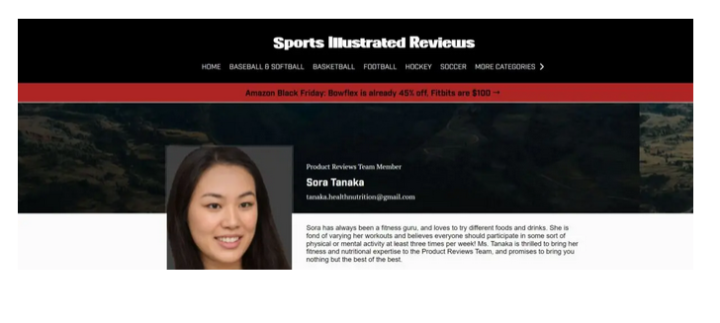
None of the articles attributed to Ortiz or others disclosed the use of AI or the non-existence of the writers. However, a belated disclaimer clarified that the content was “created by a 3rd party,” with no Sports Illustrated editorial staff involvement. Sports Illustrated’s AI-generated authors and their content disappeared post-inquiry pressure, and they expressed dismay, condemning these practices as violations of journalistic principles and being disrespectful to readers. (Not to mention those companies that paid for product reviews by real knowledgeable people which AI is generically creating). The publication emphasised their dissociation from such actions, highlighting a commitment to ethical journalism. But as we know money talks, the question stands ‘is this the tip of the iceberg?’ it will not take much until Ai, smart as it is will generate a full online personality and making the differentiation between real and unreal a blurred line impossible to identify.
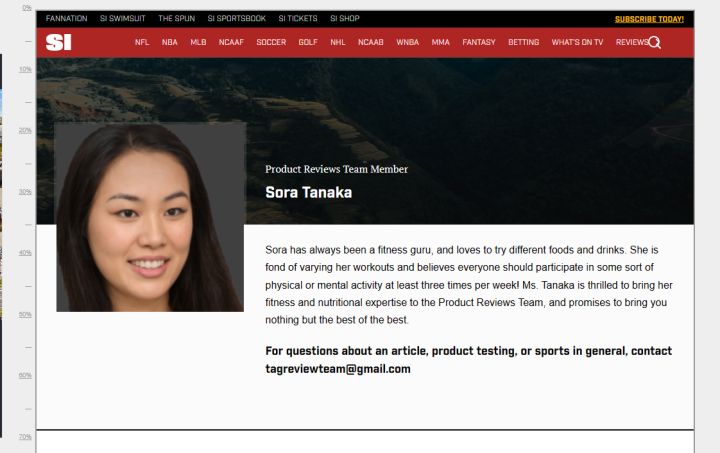
Now owned by Simplify Inventions as a majority shareholder, The Arena Group still oversees various media brands, including Men’s Journal and TheStreet. Despite the controversy, the company reported a substantial $220 million in revenue in 2022, up from roughly $53 million from 2019.
AI is here to stay, and as it impacts every aspect of our lives, It raises questions about the ethical landscape in the ever-evolving intersection of AI and not only journalism but every facet of information and entertainment, the simple ethical question ‘is that real or not?’ and further ‘still, does it really matter?’
Watch this space (because know that they are watching you ????)








